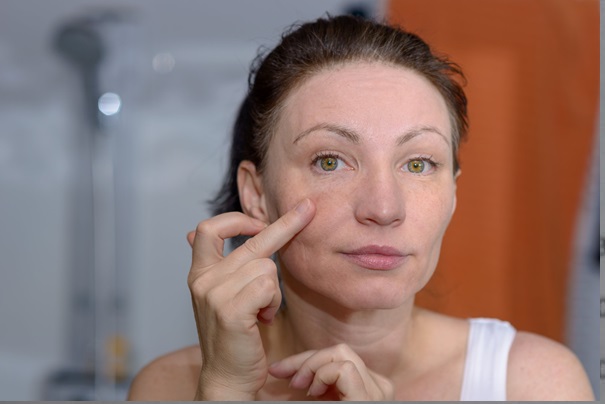Aging is a lifelong process, not just something that happens to us once we retire. It encompasses many positives and negatives, including growth, development,experience, and decline and wear. There is no cut-off point where we cease moving forward and start to lose strength and ability. We continue to grow and develop new capacities at all ages, even as some functions begin to deteriorate long before we notice this is happening.
Sight and hearing
One of the first signs of ‘getting old’ that we notice is an impairment of our vision or hearing ability. Hearing decline starts as early as our teens when we typically lose the ability to detect high-frequency sounds (above 20hz) that we have in childhood. To protect your hearing, get into the habit of wearing earplugs around loud noise, such as at rock concerts or when operating heavy machinery.
Eyesight typically worsens from our mid-30s onwards, with near sight the first to suffer. Many of us need reading glasses in our forties. We also find we need brighter light to see things: 60-year-olds need three times as much light as 20-year-olds. Regular optician’s check-ups and eye care tips can protect your eyesight, while sunglasses and wide-brimmed hats can help you cope with increased light sensitivity.
Bodily functions
Most bodily functions peak in our late twenties and gradually decline from the age ofthirty. Happily, most organs are far more functional than they need to be and are more than adequate for everyday demands throughout our life. You only really need half your liver, for instance.
This does mean that as we get older, our organs are less able to cope with extremes and are more susceptible to illness or injury. Care and prevention for older people is the job of an adult gerontology nurse practitioner. With a rapidly aging population in most developed countries, this role is in high demand. Studying for an AGNP qualification can be done online and includes a high-quality placement for hands-on research and practical experience.
Preventative measures
The best things we can do to prevent or slow down the adverse effects of aging are to exercise regularly and maintain a healthy diet. Walking, running, swimming, and cycling daily can all help keep your cardiovascular system working well, looks after your bones, and even keepsyour cognitive functions in order. Everyday chores like housework and gardening also count as exercise.Don’t forget to stay mentally active too.
A diet high in fiber, fruit, and fresh vegetables, plus lean meat like fish, oils, nuts, and calcium, can prevent many ailments common to old age. Cut down on alcohol and avoid smoking at any age.
A unique process
Aging is different for all of us, and many doctors feel that chronological age is less relevant than biological age, which is affected by lifestyle, habits, and illness. Also important is your psychological age, which is how old you feel and behave.
As life expectancy increases, we can all find more meaning in later life, providing we take stepsto look after our physical and mental health along the way. Some of this involves how we choose to live, but we can also seek out professional help and resources. Aging is an adventure, and we’re all invited along.

